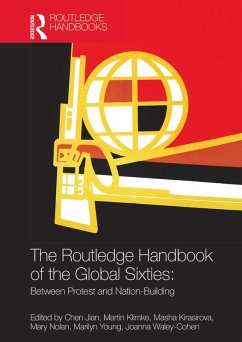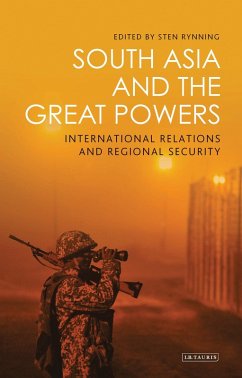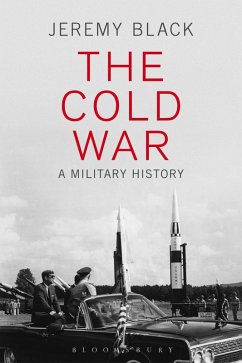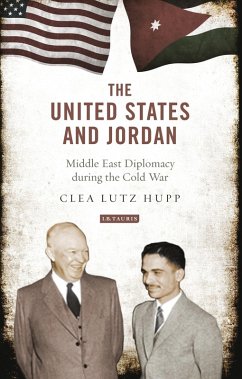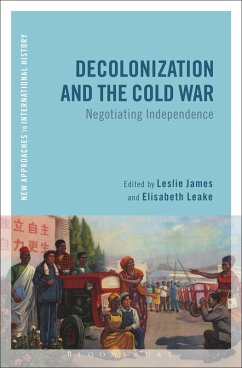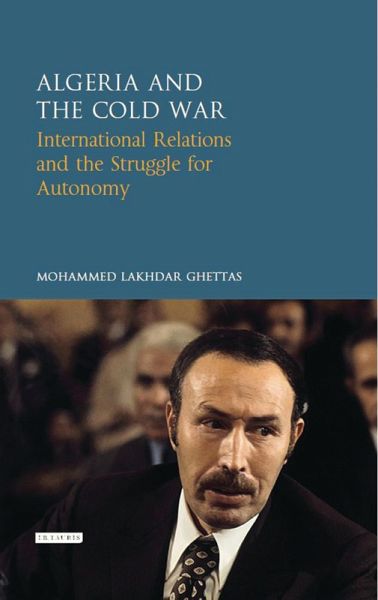
Algeria and the Cold War (eBook, ePUB)
International Relations and the Struggle for Autonomy
Versandkostenfrei!
Sofort per Download lieferbar
100,95 €
inkl. MwSt.
Weitere Ausgaben:

PAYBACK Punkte
50 °P sammeln!
Throughout the Cold War, Africa was a theatre for superpower rivalry. That the U.S and the Soviet Union used countries in Sub-Saharan Africa to their own advantage is well-known. Sub-Saharan countries also exploited Cold War hostilities in turn. But what role did countries in North Africa play?This book offers an international history of U.S-Algerian relations at the height of the Cold War. The Algerian president, Houari Boumediene, actively adjusted Algeria's foreign policy to promote the country's national development, pursuing its own commitment to non-alignment and 'Third World' leadership...
Throughout the Cold War, Africa was a theatre for superpower rivalry. That the U.S and the Soviet Union used countries in Sub-Saharan Africa to their own advantage is well-known. Sub-Saharan countries also exploited Cold War hostilities in turn. But what role did countries in North Africa play?This book offers an international history of U.S-Algerian relations at the height of the Cold War. The Algerian president, Houari Boumediene, actively adjusted Algeria's foreign policy to promote the country's national development, pursuing its own commitment to non-alignment and 'Third World' leadership. Algeria's foreign policy was directly opposed to that of the U.S on major issues such as the Arab-Israeli conflict and Western Sahara conflict and the Algerian government was avowedly socialist. Yet, as this book outlines, Algeria was able to negotiate a position for itself between the U.S and the Soviet bloc, winning support from both and becoming a key actor in international affairs. Based on materials from recently opened archives, this book sheds new light on the importance of Boumediene's era in Algeria and will be an essential resource for historians and political scientists alike.




